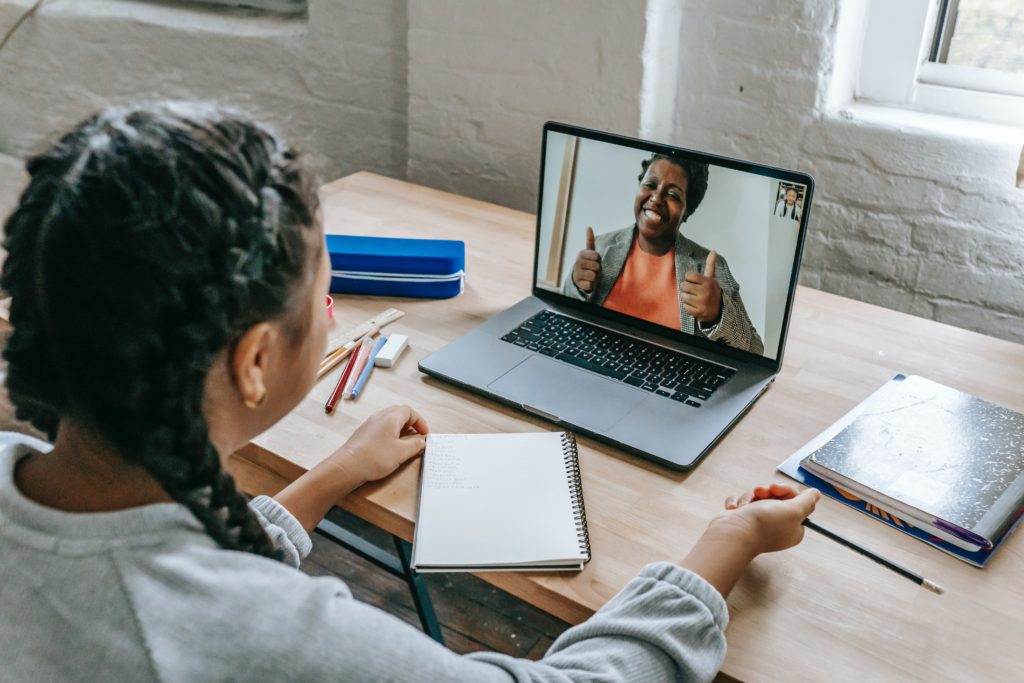Each month, VTN highlights five articles sharing updates, announcements and the latest on telehealth in Virginia and beyond. This edition includes pending legislative updates that will impact Medicare, the growing industry of teledentistry, and telehealth programs that are bringing care to students at school.
Increasing Telemental Health Access to Students
According to the CDC, more than 37% of students experience poor mental health and 44% report feeling sad or hopeless. Students need access to mental health support more than ever, and a telehealth program in Texas is aiming to help by meeting students where they are – at school. Learn more about this initiative from Texas Public Radio.
Yes, Teledentistry Too!
Teledentistry is a growing field and goes a long way in improving the oral health of patients who may not have easy access to dental care. Learn the many benefits of teledentistry for patients, common practices, and technology used by providers in this article by Dentistry Today. Plus, learn how this free and charitable clinic is bringing teledentistry to students in the New River Valley region of Virginia.
Telehealth is a Fundamental Care
Earlier this summer, the House of Representatives passed the “Advancing Telehealth Beyond COVID-19 Act of 2022,” and this month the bill will head to the U.S. Senate for review. The American Medical Association (AMA), medical providers, patient organizations, and other industry groups are urging the Senate to extend this act, which will extend certain Medicare telehealth flexibilities after the end of the COVID-19 public health emergency. Read more here from the AMA.
Veterans Can Now Access Care Anytime
The U.S. Department of Veteran Affairs (VA) has been instrumental in supporting veterans’ access to care when and where they need it via telehealth, connecting more than 2.3 million veterans to telehealth care last year. Learn how the VA is offering primary care, non-urgent care, mental health care, and more to veterans through telehealth here.
Telehealth Tied to Drop in Likelihood of Opioid Overdose
A new study has linked expanded telehealth use during the pandemic with an increase in the use of medications for opioid use disorder and a decline in the likelihood of overdoses among Medicare patients with opioid use disorder. Industry leaders are hopeful this study and other similar research will send a strong message to policymakers that telehealth should be a permanent part of health care. Read more about how telehealth use is linked to a decline in opioid overdoses.

